In today’s fast-paced business world, sales teams are constantly seeking ways to enhance their efficiency and boost their success rates. The answer to this conundrum lies in Einstein Scoring, an AI tool offered by Salesforce.
In this blog post, we’ll take a deep dive into this powerful feature that can transform the way your business identifies potential conversions and winning opportunities.
Cracking the Code: Understanding Einstein Scoring Models in Salesforce
Salesforce has two distinct models for Einstein Scoring. These models are designed to provide sales teams with valuable insights and predictive scores that help them focus their efforts on the deals most likely to succeed. The model salesforce uses depends on whether the organization meets the requirements for the Single Customer Model. The requirements can be found here. Let’s explore these models in a nutshell.
1. The Global Model
The global model is the first of the two models and takes a panoramic approach. It considers a vast array of data from various industries, regions, and market trends to provide businesses with a holistic view of their leads and opportunities. By assimilating this diverse data, Salesforce’s AI can generate a predictive score for each lead and opportunity. This score, ranging from 1 to 99, acts as your guide to understanding which prospects are more likely to convert successfully.
2. Single Customer Model
The second model, the Single Customer Model, is more personalized and tailored to an individual organization. This model takes the company’s historical data into account, including past sales, customer behaviour, and communication patterns. By doing so, it crafts a custom scoring system that aligns with the company’s specific needs and objectives. This personalization allows sales teams to fine-tune their strategies and prioritize leads and opportunities in a way that aligns perfectly with their unique business landscape.
It’s important to note that both of these models use machine learning, which means they continuously improve and adapt. Over time, they become increasingly accurate in predicting the potential for a successful conversion.
Looking for help with Salesforce?
Beyond the Score: Unveiling Einstein Scoring’s Top Positives and Negatives
But Einstein Scoring is more than just assigning numbers to leads and opportunities. It’s about delivering valuable insights that can steer your sales strategy in the right direction. The scoring system provides you with “Positives” and “Negatives” that affect the score. These insights can be incredibly enlightening. These can be insights such as:
Previous Losses with the Same Account: The system considers your past interactions and losses with the same account. This helps you understand the historical challenges and opportunities associated with the account.
Industry of a Lead: Knowing the industry of a lead can provide you with key insights into the unique challenges and opportunities that might exist within that sector.
Why do you need this feature?
Well, Einstein Scoring’s impact goes beyond mere numbers; it’s about accessibility. By displaying a rating between 1-99, sales teams can prioritize leads and opportunities more effectively, optimizing their time and resources. In a world where time is money, this feature becomes invaluable in boosting overall sales productivity.
So, if you’re looking to unlock the secret to sales success, Einstein Scoring is your key. Try it out and watch your sales soar to new heights.



